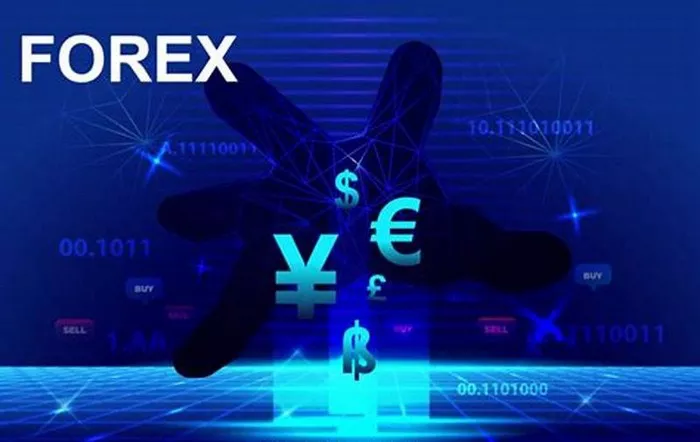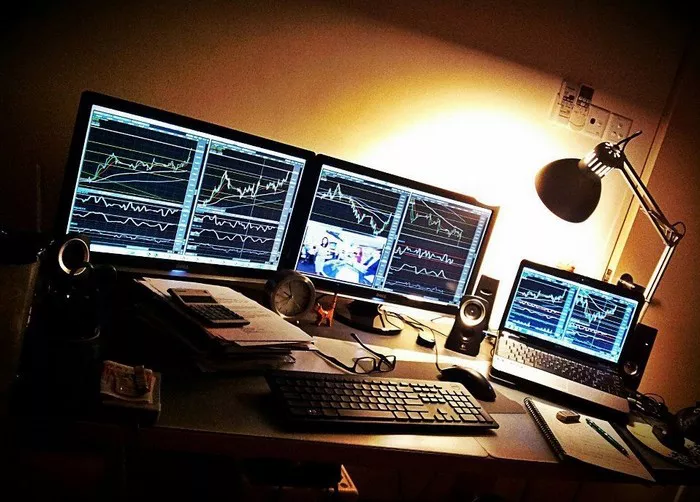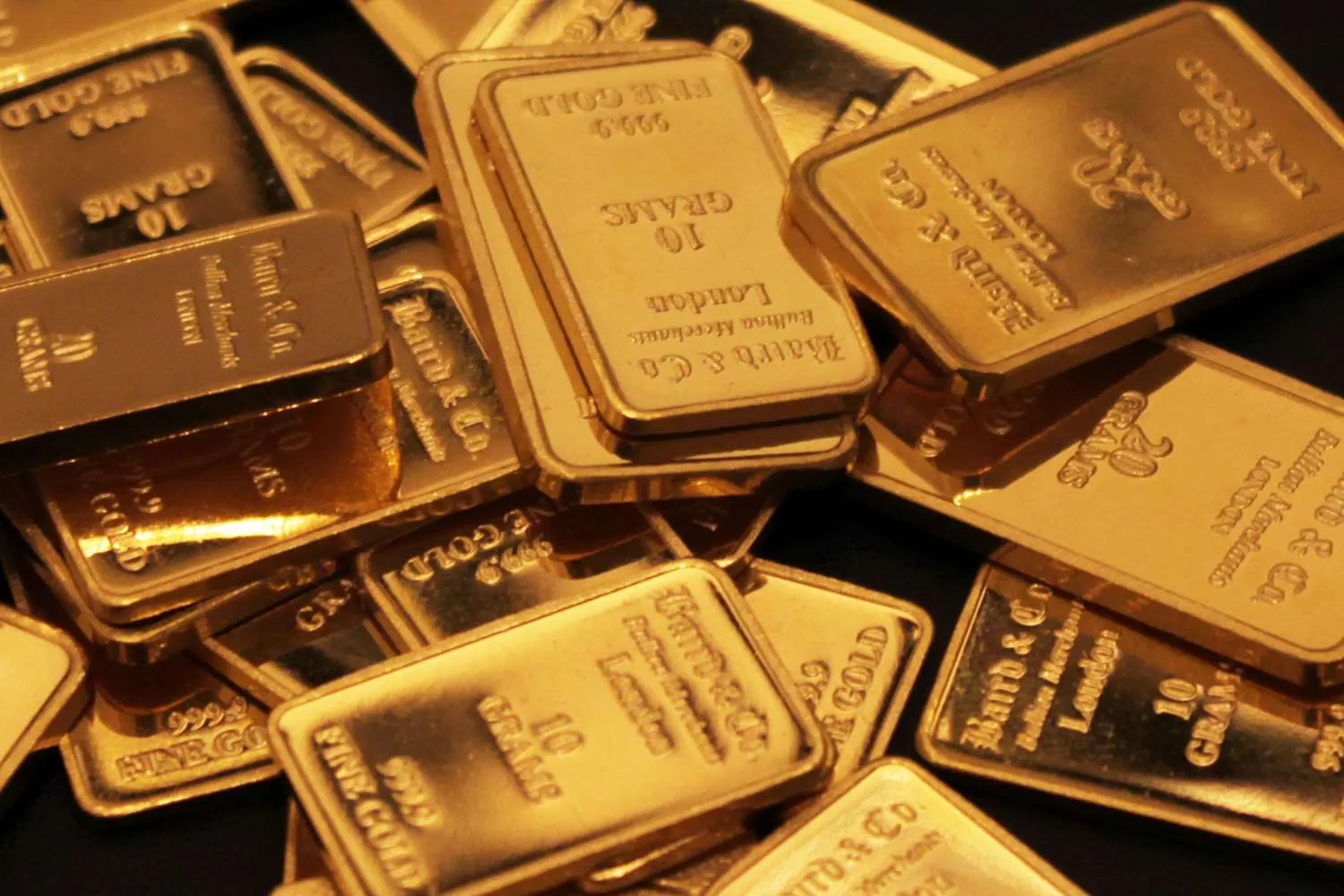Understanding the exchange rate between the British Pound (GBP) and the US Dollar (USD) is crucial for anyone involved in international trade, travel, or investment. This article provides an in-depth look at the factors influencing the GBP to USD exchange rate, how to interpret it, and its significance in the global economy.
Introduction to Currency Exchange Rates
Exchange rates determine how much one currency is worth in terms of another. They fluctuate based on various economic factors, including interest rates, inflation, and economic stability. The GBP/USD exchange rate reflects how many US dollars one British pound can buy.
Historical Overview of the GBP to USD Exchange Rate
The GBP to USD exchange rate has a long and complex history. Historically, the pound has been stronger than the dollar. However, there have been periods of volatility influenced by economic events, political changes, and market speculation.
Key Historical Milestones
Pre-2000 Era: The GBP was generally strong against the USD, often exceeding $2.00.
The Financial Crisis of 2008: The rate fell significantly as global markets destabilized. The pound dropped to around $1.50.
Brexit Referendum (2016): Following the Brexit vote, the GBP sharply declined, reaching lows around $1.20.
COVID-19 Pandemic (2020): The exchange rate experienced further fluctuations due to economic uncertainty but stabilized around $1.30.
Current Trends: As of 2024, the GBP/USD rate fluctuates, influenced by ongoing economic developments in both the UK and the US.
Factors Influencing the GBP to USD Exchange Rate
Several factors can impact the GBP to USD exchange rate. Understanding these factors can provide insights into future movements.
1. Economic Indicators
Economic indicators are vital in assessing a country’s financial health. Key indicators for the UK and the US include:
Gross Domestic Product (GDP): A growing GDP usually strengthens the currency.
Inflation Rates: Higher inflation in a country typically leads to depreciation of its currency.
Employment Data: Employment rates can indicate economic strength or weakness.
2. Interest Rates
Interest rates set by the Bank of England (BoE) and the Federal Reserve (Fed) are significant in determining the GBP/USD exchange rate. Higher interest rates typically attract foreign capital, leading to an appreciation of the currency.
3. Political Stability
Political events can have a significant impact on currency value. Uncertainty around elections, referendums, or policy changes can lead to volatility in the GBP/USD exchange rate.
4. Market Sentiment
Market sentiment, influenced by news and media, can drive demand for currencies. Positive or negative news about the UK or US economies can result in immediate fluctuations in the exchange rate.
5. Trade Balance
A country’s trade balance affects its currency value. A trade surplus (exports exceeding imports) typically strengthens the currency, while a trade deficit (imports exceeding exports) can weaken it.
See Also: What Is the Most Expensive Currency Compared to USD?
How to Interpret the GBP to USD Exchange Rate
Understanding how to interpret the exchange rate is essential for making informed financial decisions.
What Does the Rate Mean?
If the GBP to USD exchange rate is 1.30, it means that one British pound can be exchanged for 1.30 US dollars. Conversely, if the rate is 0.75, it indicates that one US dollar can be exchanged for 0.75 British pounds.
Real-World Applications
Travel: Knowing the exchange rate is essential for travelers to budget their expenses abroad.
Investments: Investors need to consider the exchange rate when investing in foreign assets.
International Trade: Businesses involved in importing or exporting must account for the exchange rate in their pricing strategies.
Current Trends in the GBP to USD Exchange Rate
Recent Developments
As of 2024, the GBP/USD exchange rate remains dynamic. Recent trends show fluctuations based on:
- Economic data releases from both countries.
- Central bank decisions regarding interest rates.
- Ongoing geopolitical events that may affect market sentiment.
Forecasting Future Movements
Forecasting the GBP/USD exchange rate involves analyzing economic indicators, political developments, and market trends. Analysts utilize various tools, including:
Technical Analysis: Examining past price movements to predict future trends.
Fundamental Analysis: Evaluating economic indicators and news to assess currency value.
Strategies for Currency Exchange
If you are looking to exchange GBP for USD or vice versa, consider the following strategies:
1. Monitor Exchange Rates
Regularly checking exchange rates can help you make informed decisions. Use online tools and apps to stay updated on current rates.
2. Use Currency Exchange Services
Consider using reputable currency exchange services that offer competitive rates. Avoid exchanging currency at airports, as they often have unfavorable rates.
3. Timing Your Exchange
Timing can significantly affect the amount of USD you receive for your GBP. Keep an eye on market trends and try to exchange when the rate is favorable.
Conclusion
The GBP to USD exchange rate is a vital component of the global financial system. Understanding its fluctuations and the factors that influence it can provide individuals and businesses with valuable insights. Whether you are traveling, investing, or conducting international trade, being informed about the GBP/USD exchange rate can help you make better financial decisions.
Key Takeaways
- The GBP to USD exchange rate fluctuates based on economic indicators, interest rates, political stability, market sentiment, and trade balance.
- Historical trends show that the GBP has historically been stronger than the USD, but various events can lead to significant changes.
- Understanding how to interpret the exchange rate and utilizing effective strategies can enhance your currency exchange experience.
This article aims to equip readers with a comprehensive understanding of the GBP to USD exchange rate, its significance, and practical insights for navigating currency exchanges effectively.
Related topics:
- What Countries is USD Worth the Most?
- Which Forex Market Is Open Now?
- What Percentage of World Trade is in USD?
































